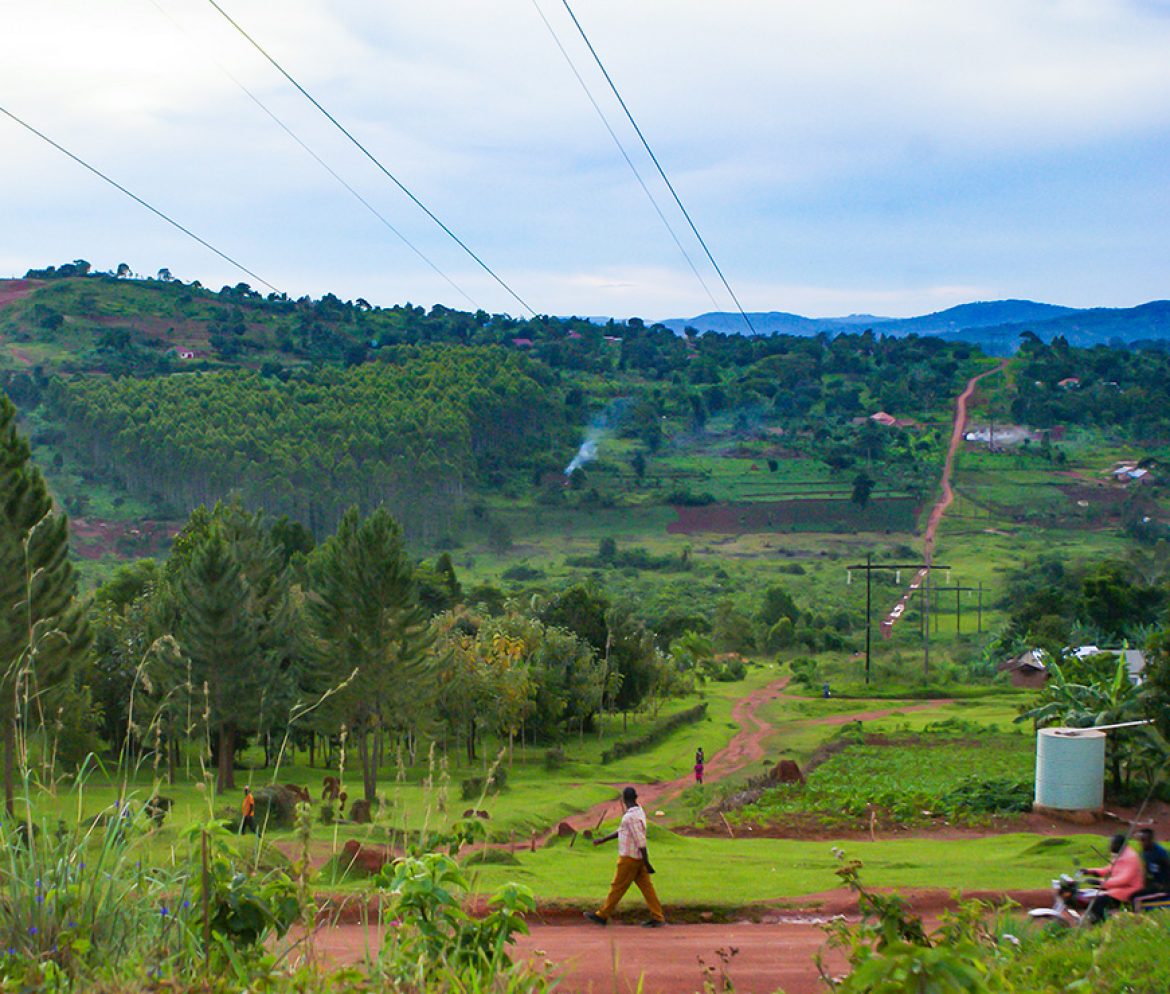UGANDA, Kololo | Real Muloodi News | In his 32nd Hero’s Day Speech on June 9 at Kololo Independence Grounds, President Yoweri Museveni cast the mailo land tenure system in a very negative light. He categorised it as a “very bad system” in need of reform.
Following the speech, Alozius Gonza, Land Economist Vice President of Institution of Surveyors of Uganda, wrote an opinion piece for the Daily Monitor about the implications of the President’s remarks on secured lending.
The mailo land tenure system already faces significant obstacles to investment, rural development, and productivity in central and western Uganda. The president’s remarks raise further questions for lenders in providing finance to individuals occupying mailo land.
Not so long ago, most banks would not allow untitled land, known as Kibanja, as security for a mortgage. The inherent difficulty in confirming ownership of the land, and the ease with which a borrower could get credit from multiple lenders, was a significant challenge for banks.
However, in recent years, commercial banks have diversified their assets for secured loans because of increased risk mitigation techniques. Unlike before, most commercial banks now accept Kibanja as collateral for secured lending. However, there are limits and restrictions on the amount borrowed.
Land scholars blame the Mailo land system for a variety of problems. The system creates too many “absentee” landlords, denying peasants and Kibanja holders (untitled land holders) their ultimate land rights. The eviction of Kibanja landowners, which follows the Mailo land tenure system, is the main issue that requires addressing.
The mailo land tenure system also makes land unsuitable for large-scale economic projects due to “too many competing” land interests, even if the interests are recognised under the law.
With President Museveni expressing his concerns about the mailo system and calling for it to be dismantled, what will become of loans secured on mailo assets? The implications for commercial lenders, practitioners, and valuers who appraise Kibanja property should give them pause, according to Alozius Gonza.
Given the uncertainty of what will become of the mailo land tenure system, lenders may be more reluctant to continue to give loans to occupiers of mailo property. If they do, they may be inclined to place a higher risk premium on such property. Likewise, valuers may need to reassess approaches while appraising mailo land for secured lending. And without clear guidance on what reforms will take place, or how long they may take, the uncertainty only complicates matters, according to Mr. Gonza.
Certainly, the president’s comments added a twist to an already difficult asset category regarding secured lending. This news is bad for borrowers who use Kibanja for secured borrowing.
Mr. Gonza calls on the Ministry of Lands, Housing and Urban Development headed by Judith Nabakooba, to craft detailed guidance about dismantling of the mailo land tenure system, and to clarify if the dismantling involves compensating some interests. For example, will they consider the lenders first to lower the risk attachment? What would the new tenure system look like after dismantling? asks Mr. Gonza.
READ MORE LIKE THIS:



